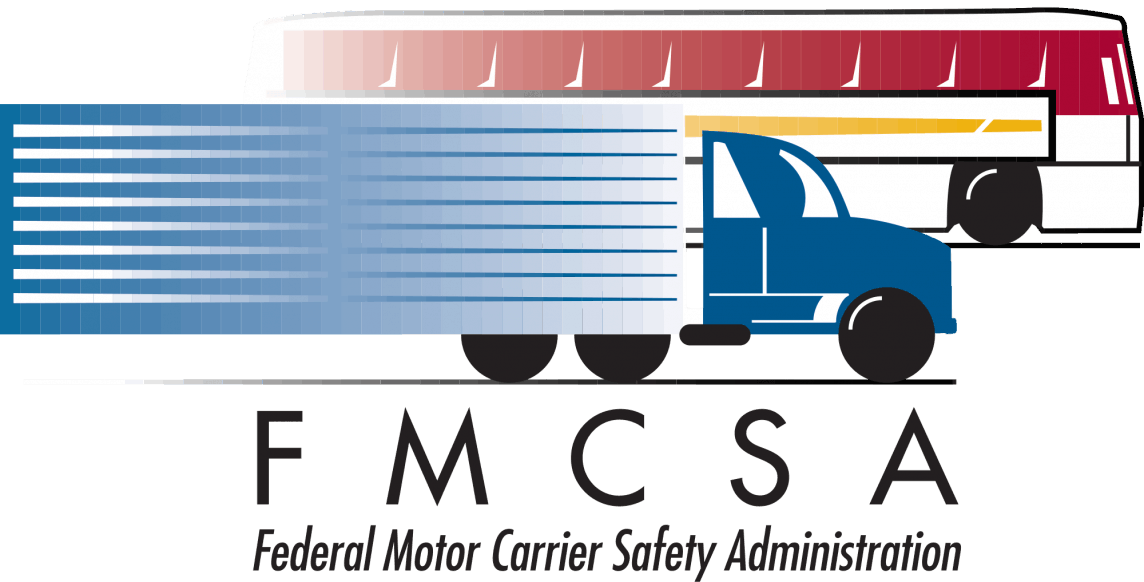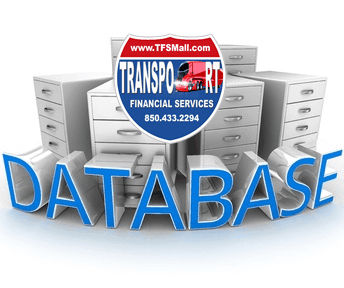Four more trucking groups and fleets have filed for exemptions from the electronic logging device mandate that took effect in December.
Trash hauling and recycling fleet American Disposal Services (ADS), oilfield service fleet Cudd Energy Services (CES), the Agricultural Retailers Association (ARA) and the Association of Energy Service Companies (AESC), which includes well service rig contractors, have each petitioned the Federal Motor Carrier Safety Administration for ELD exemptions for five years.
In addition to requesting an exemption from the ELD mandate, ADS is also requesting an exemption from keeping paper logs. The garbage pick-up company, which has more than 300 CDL drivers, operates under the multiple-stop rule, it says, as well as the 100 air-mile short-haul exemption. Its drivers, however, exceed the 12-hour limit more than eight times in a 30-day period, requiring the use of ELDs. 
Each route for ADS drivers has between 800 and 1,200 stops per day, and the drivers pick up trash at a home every 22 seconds, on average. Drivers currently leave the yard on driving time, and at their first stop, change their status to on-duty, not driving for the next 500 stops. When they go to a landfill, the switch back to driving status.
ADS says there is “no ELD that can accurately record driving time when the CMV makes constant short movements with the driver often exiting the vehicle.”
CES is requesting the exemption for its “specially-trained drivers of commercial motor vehicles specially constructed to service oil wells.” The exemption would cover approximately 939 drivers and 1,858 trucks. According to CES, the drivers are not eligible for the 100 air-mile radius exemption, so they are required to use ELDs.
The company says in its exemption request it plans to install equipment that would enable tracking of its trucks when communication capabilities exist, but these units would not meet AOBRD or ELD standards. CES adds that poor cell service in certain oilfield locations and prohibitions of cell phones and electronic equipment while on job sites would prevent drivers from logging into ELDs.
ARA is requesting an exemption for its member companies from the mandate, arguing the mandate places “undue economic and other burdens.” ARA relies on trucks to deliver their products and services to farms.
The group says its members need additional information and guidance on the ELD rule, and adds that ELD vendors and manufacturers don’t offer devices that meet their needs.
AESC’s exemption request is on behalf of well service rig contractors, who typically operate under the short-haul exemption but sometimes exceed the requirements of the exemption.
Without an exemption from the ELD mandate, AESC says, these drivers would have to monitor the number of days they exceed the requirements of the short-haul exemption. Contractors would also have to purchase ELDs, train drivers on them and monitor compliance, the group says.
The group adds these drivers spend little time on public roads and can spend between two and five days parked at a single location. Contractors are required to obtain state permits to drive well service rigs on public highways, and the rigs are then escorted as they move to their next location. If granted the exemption, AESC says drivers would continue to keep paper logs when necessary.













